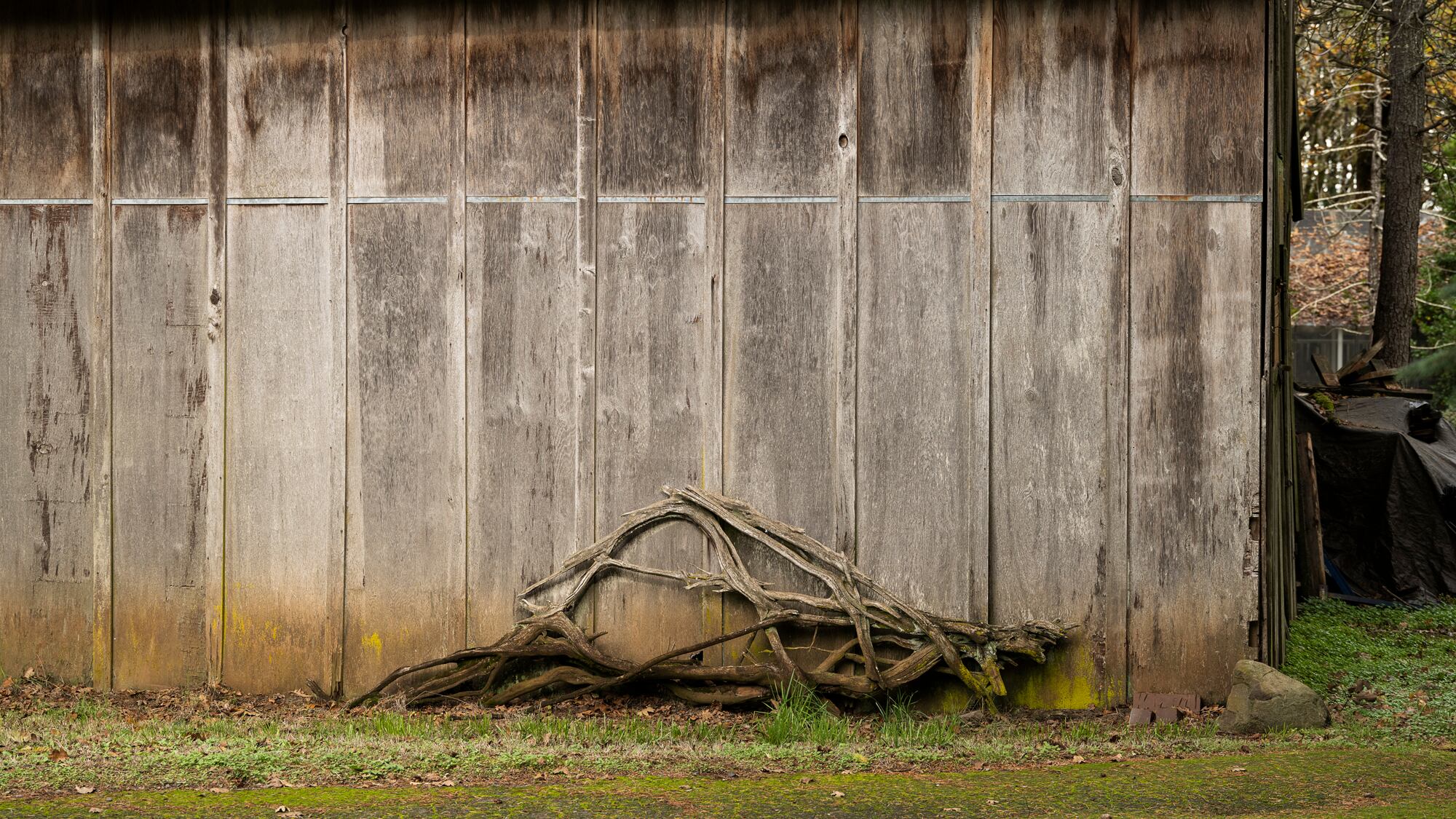What will become of 30 acres of farmland dotted by Oregon white oaks on the edge of Salem? That’s for the courts to decide as they adjudicate an inheritance feud among wealthy heirs to a potato chip fortune and their in-laws (“The Battle of Meyer Farm,” WW, Nov. 29). How much land does a homebuilder really need? That’s a wider policy battle in Oregon, and our readers had precious little love for land developers, who buy and sell this newspaper. (Just kidding—made you look!) Here’s what our readers had to say:
MichaelM, via wweek.com: “This seems a clear-cut (intended) example of the misuse of a law intended for one thing (more affordable housing), but being twisted to create upscale expensive housing much more profitable for the developer.
“I fled Southern California for Oregon in 1978, so it especially pains me—as it did Tom McCall—to see profit-driven development ramping up their ability to destroy the natural beauty that has made Oregon so attractive to us immigrants for 170 years.
“And, yeah, I get that more people—like me—exacerbate the housing issue, but I am totally on board with increased density and maximizing green spaces. The idea of a Parker, Colorado-like abomination of five-bed/five-bath 5,000-square-foot homes on 5 acres, occupied by a family of three, is something I hope Oregonians will reject.”
TrueConservative001: “It’s inside the urban growth boundary. Discussion over.”
erossthescienceboss, in response: “The article is pretty clearly not about the UGB or the ethics of building on this lot. It’s about (1) family drama and (2) whether new changes to building regulations will make the proposed development bloated with high-cost poor-quality housing, and (3) if you really need to cut down the white oaks to do it (because under previous regulations that required planning committees), there might be more community input into what trees to save. “But we’d all rather complain about what we perceive the story to be than what it really is.
“I recommend actually finishing the article. Partly because it’s well reported and very informative, but mostly for the potato-chip drama.”
Random_Walk, via Twitter: “Kotek’s urge to pander to fat-cat donors will always (ALWAYS!) outweigh an adherence to principles. See also nearly every union in Oregon with a big checkbook. “P.S. I am curious as to how more cookie-cutter $750K McMansions will magically alleviate housing concerns…”
Sandy, via wweek.com: “It’s not as if lower-income people are going to be able to live in any of the homes built in this dreamed-of Salem suburb. Destroying the Meyer farm for another bunch of tract houses and releasing a gazillion tons of carbon those oaks are sequestering is a bad, bad deal for all. If the Meyer Trust wants to sell that land, Salem could make a deal and add it to the park next door. “We need AFFORDABLE homes, and for those who are truly at the bottom, who are living on the streets, there is no way they have the resources needed to maintain a single-family home.
“As we all learn when we buy our first house, you need a hefty slush fund to live in your own house. Furnaces break, pipes and, even worse, roofs leak! etc. “If the rules are to be relaxed, it should only apply to building what we are desperate for: low-income apartment buildings, going vertical, mostly subsidized. What we really could use is some well-done public housing. Cutting those trees and building those houses isn’t going to get those tents off the sidewalks.”
Portland_D, via wweek.com: “The writer did a good job on this. Very New Yorker. That’s a compliment.”
LETTERS to the editor must include the author’s street address and phone number for verification. Letters must be 250 or fewer words. Submit to: P.O. Box 10770, Portland, OR 97296 Email: mzusman@wweek.com

